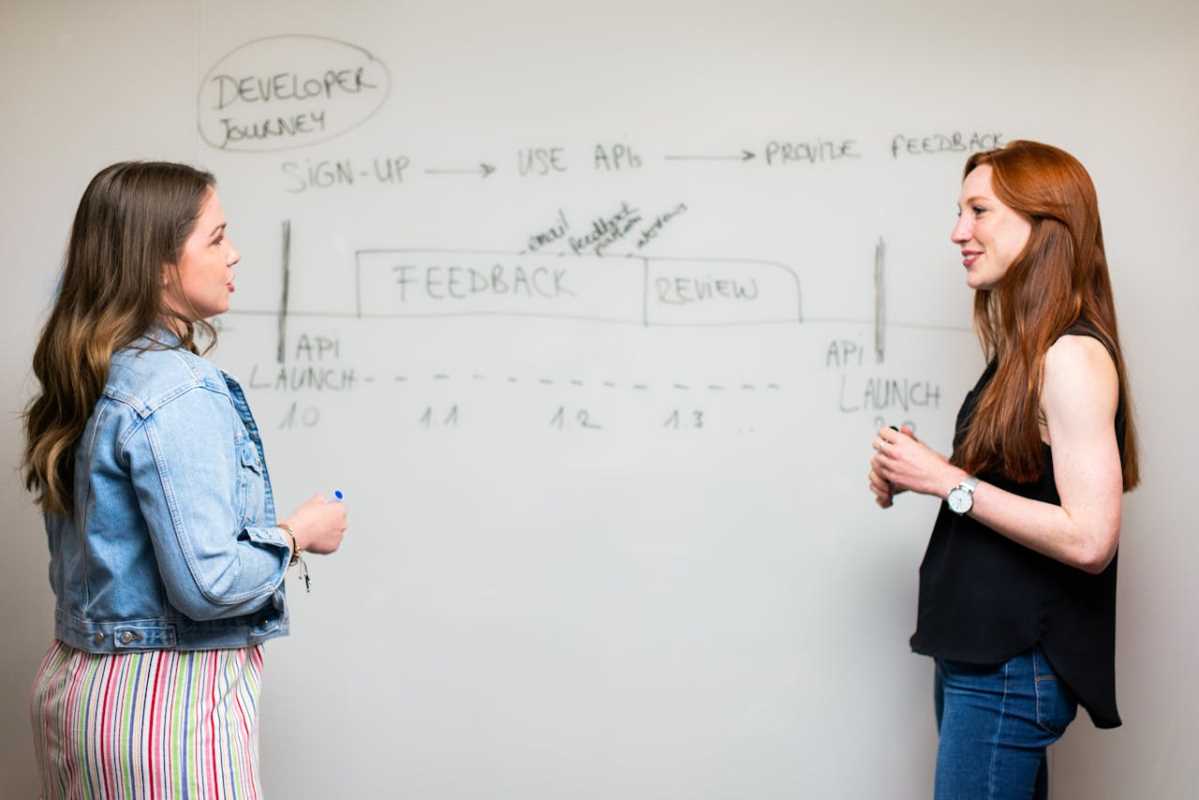Experienced coaches offer personalized support to help professionals reach their full potential, especially when demands run high and expectations are constantly shifting. With guidance from a dedicated mentor, individuals gain valuable insights into their strengths and areas for growth. Coaches work closely with their clients to outline achievable goals and concrete steps tailored to unique workplace circumstances. By focusing on honest feedback and practical solutions, coaching encourages steady progress and confident choices, even when challenges arise. This hands-on approach draws on each person's abilities and adapts to the fast-moving nature of competitive work environments, ensuring steady development and lasting results.
Coaching sessions allow participants to reflect on leadership style, refine communication skills, and build confidence for confronting complex scenarios. Practical insights and personalized guidance lead to noticeable improvements in performance, helping individuals maintain balance amid pressing work demands.
The Power of Executive Coaching in Fast-Changing Markets
Executive coaching is a personalized process that helps individuals enhance their decision-making in high-stress settings. Unlike generic training programs or standard workshops, this method digs deep into personal habits and professional challenges, often resulting in fast and substantial improvements in leadership abilities. It focuses on recognizing strengths, addressing weaknesses, and building strategies tailored to one's unique situation.
The coaching process stands apart from other professional development options through its one-on-one engagement. Participants work directly with a coach who provides candid feedback, personalized exercises, and structured steps that lead to improved communication, clear goal setting, and the ability to manage difficult conversations effectively. Such targeted development offers a foundation for growth that is hard to find in more traditional training formats.
Key Benefits of Executive Coaching
This focused method offers several distinct advantages that can be highlighted for anyone looking to better navigate busy professional environments:
- Enhances decision-making skills that reflect personal insights and professional realities.
- Improves communication techniques for clearer, more impactful interactions.
- Strengthens leadership presence that resonates in meetings and collaborative projects.
- Increases self-awareness that supports personal and professional development.
- Provides effective stress management strategies tailored to individual needs.
Each benefit plays a crucial role in improving daily performance, helping individuals manage competing demands with increased confidence. These advantages support not just career growth, but also personal satisfaction and long-term professional stability.
Effective Ways to Unlock Executive Coaching Benefits
Adopting a proactive approach to professional development can create tangible improvements over time. Here are some practical measures:
- Start by setting clear, measurable goals. Assess your current performance levels and decide on specific areas for growth. Clear targets help maintain focus and track progress.
- Select a coach who understands the real-world challenges of high-pressure work environments. Look for someone with a track record of helping leaders reach their potential. An experienced expert in executive coaching can customize their methods to fit your needs.
- Attend regular sessions and commit to active participation. Ask questions, request clarifications, and implement suggested actions. This partnership requires both effort and accountability.
- Create feedback loops. Listen carefully to input provided and put suggestions into practice. Keep a journal or record your progress to reflect on improvements and identify recurring issues.
- Integrate coaching sessions into your daily routine. Set aside specific time slots each week to review progress or practice new communication techniques during meetings and presentations.
Following these steps allows you to apply practical methods that produce lasting changes in both behavior and results. Ensuring that guidance becomes actionable on the ground helps you improve effectively.
Maintaining consistency in efforts and periodically revisiting your goals further strengthen the partnership between you and your coach. This deliberate process helps growth align with evolving work conditions and personal responsibilities.
Overcoming Common Challenges in Bustling Markets
Busy work environments pose challenges to personal improvement. One common obstacle is the limited availability of uninterrupted time for coaching sessions. Balancing tight schedules with quality learning experiences demands precise organization and realistic planning. Consider setting firm, non-negotiable time blocks dedicated exclusively to your coaching journey to keep focus and continuity.
Another challenge is the presence of multiple distractions caused by frequent interruptions and external pressures. To counter this, develop a system that reduces distractions during crucial coaching sessions or personal reflections. This might include creating a designated workspace free from common disruptions or using time management tools that notify you and others about your periods of concentration. Building a structured routine that prioritizes coaching efforts can gradually reduce these challenges and support steady progress.
Using Executive Presence to Achieve Coaching Goals
Strong executive presence builds trust and helps you stand out during team interactions, negotiations, and presentations. Developing this presence involves consistent self-reflection, learning from expert resources, and practicing high-pressure scenarios.
Proactive personal development builds skills that support long-term success in competitive environments. These abilities benefit you beyond your current job.
 (Image via
(Image via





